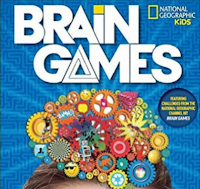
Scientists Show Brain Games Work
HEALTH VIDEO + ARTICLE: BRAIN EXERCISE can cut the risk of Alzheimer’s, according to research. See how. Find out about three ways to lower your

HEALTH VIDEO + ARTICLE: BRAIN EXERCISE can cut the risk of Alzheimer’s, according to research. See how. Find out about three ways to lower your
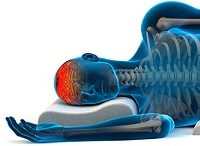
SLEEP RESEARCH: The brain’s glymphatic pathway clears harmful wastes, especially during sleep. Stony Brook researchers show this lateral position could be best for the brain-waste

MAYO CLINIC VIDEO: Do brain games help those living with Alzheimer’s disease? Dr. Ronald Petersen, director of Mayo Clinic’s Alzheimer’s Disease Research Center says engaging
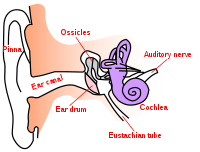
VIDEO + ARTICLE + APPS: A NEW STUDY finds that cognitive impairment begins in the earliest stages of age-related hearing loss — when hearing is
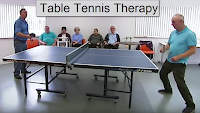
VIDEO: Table tennis is a helpful activity for people with Alzheimer’s. See how it combines physical activity with brain exercise, spatial skills and staying social.

DIET VIDEO + ARTICLE: Eggs are one of the best sources of choline. In a new study, Biodesign researchers argue that a lifelong dietary regimen

Most people are infected by Herpes Simplex Virus 1 (HSV1) by the time they reach old age. New evidence shows that on top of cold
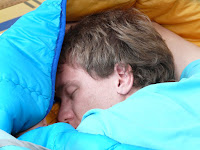
SLEEP: Could sleeping on your back hurt memory and increase your brain’s risk of developing neurodegenerative disease?

NEWS VIDEO + ARTICLE + SLEEP TIPS: Sleeplessness has just been shown to accelerate the spread of toxic clumps of Alzheimer’s tau. “Our brains need

CARE, DRUGS & MOOD: A creative technique called “DICE” empowers caregivers, patients & professionals to work together and reduce dementia’s behavioral problems. Learn how it
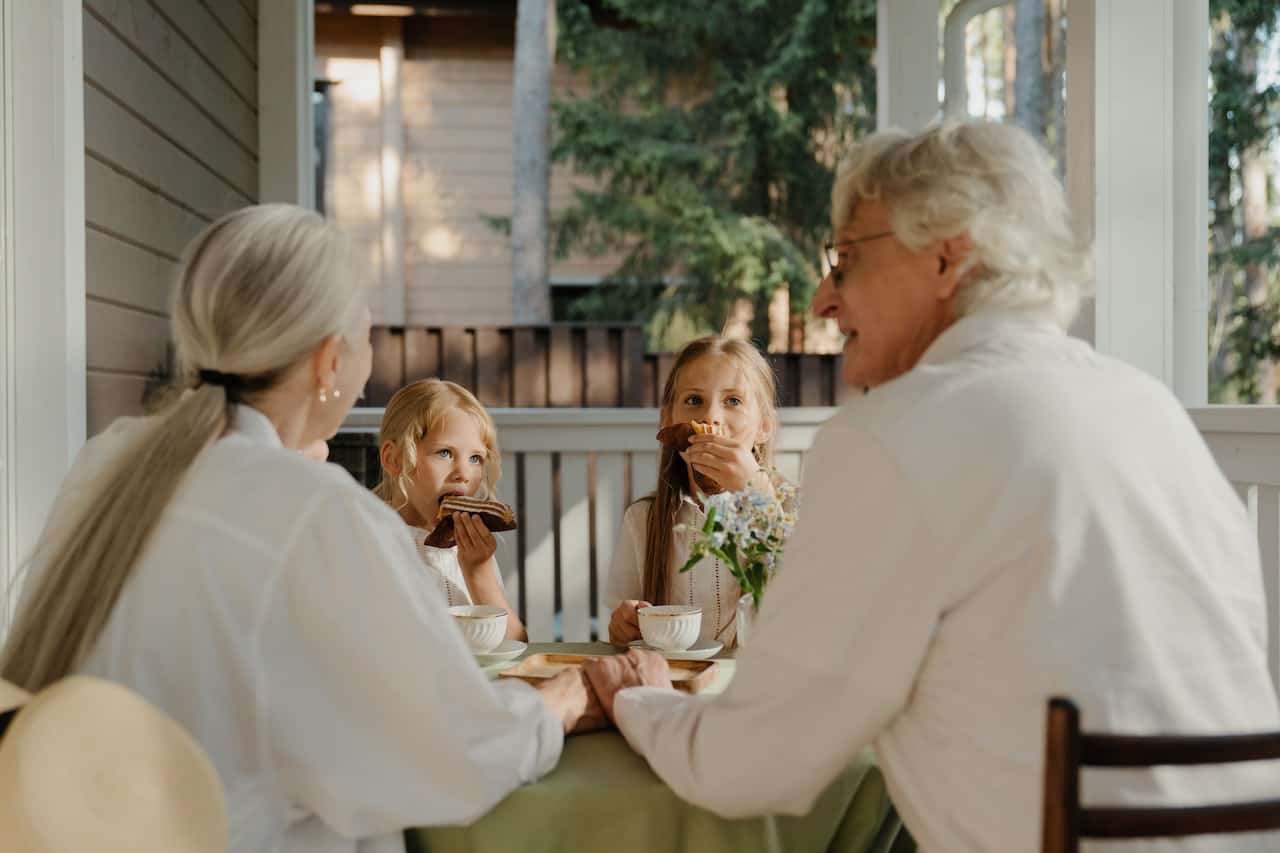
Looking for the best digital photo frame for a loved one with dementia? Many frames claim to be senior-friendly. We explore the Pix-Star series, rated best for its combination of features and value for the money.

Kindness does not leave you when you give it away,
But in fact grows more abundant within your life.
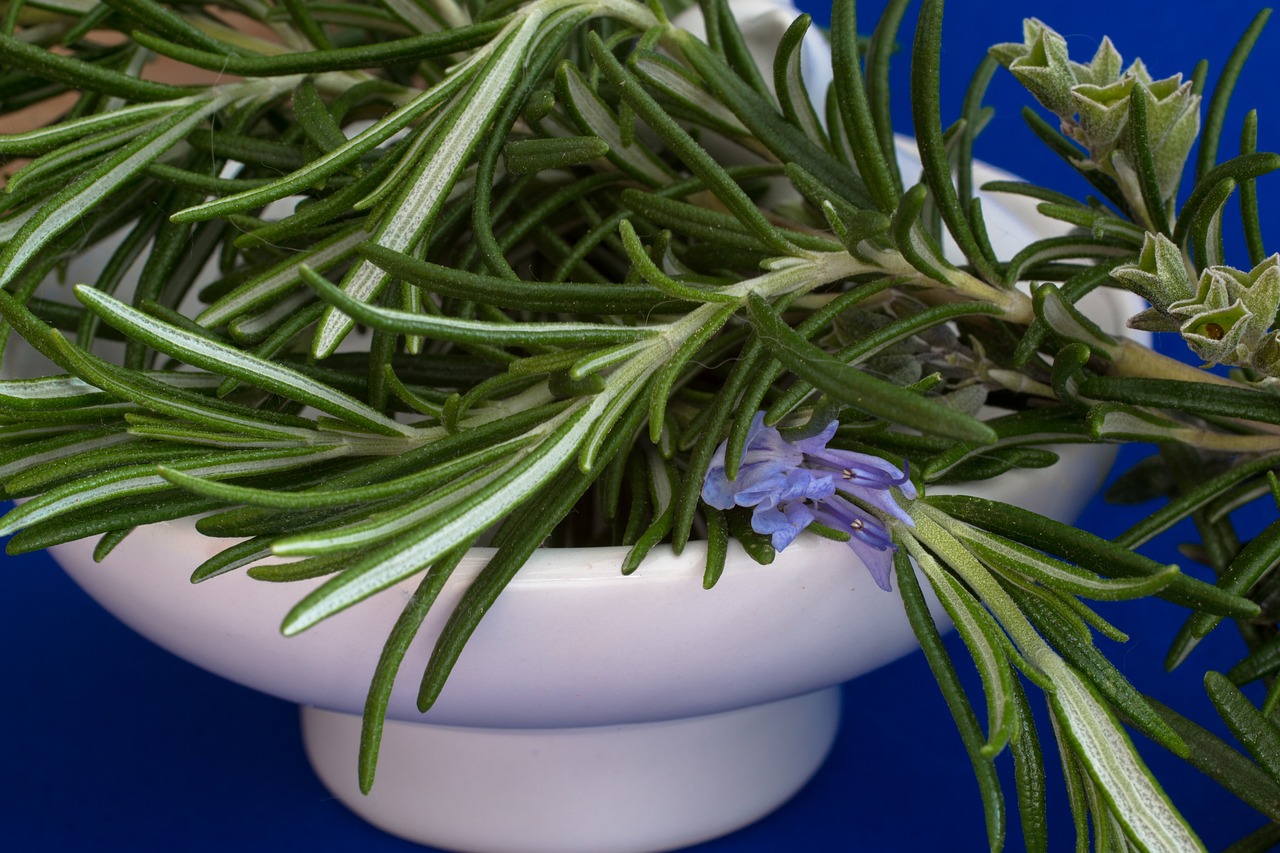
Rosemary naturally works like Aricept® (generic: donepezil), treating Alzheimer’s by blocking AChE. Learn about rosemary’s dementia-fighting benefits from Dr. J. Duke.

SHORT-TERM MEMORY lapses are obvious signs of Alzheimer’s, but other tell-tale signals begin to show much earlier. Learn how to look for semantic impairments, such as simple questions about size.

Three important dementia studies focus on HS-AGING, a type of dementia almost as common as Alzheimer’s in the 85+ group. Yet few people have heard of it. Why? What makes it different?

An intriguing study of 120 grandmothers might surprise you. Doctors know socially engaged people have better cognition and less dementia. But can a person get too much of a good thing? What’s the right balance?

Enjoy this great duet between a musician with dementia and his son. A triumph of spirit over Alzheimer’s! Sing-a-long if you like!
No spam, only news and updates.


